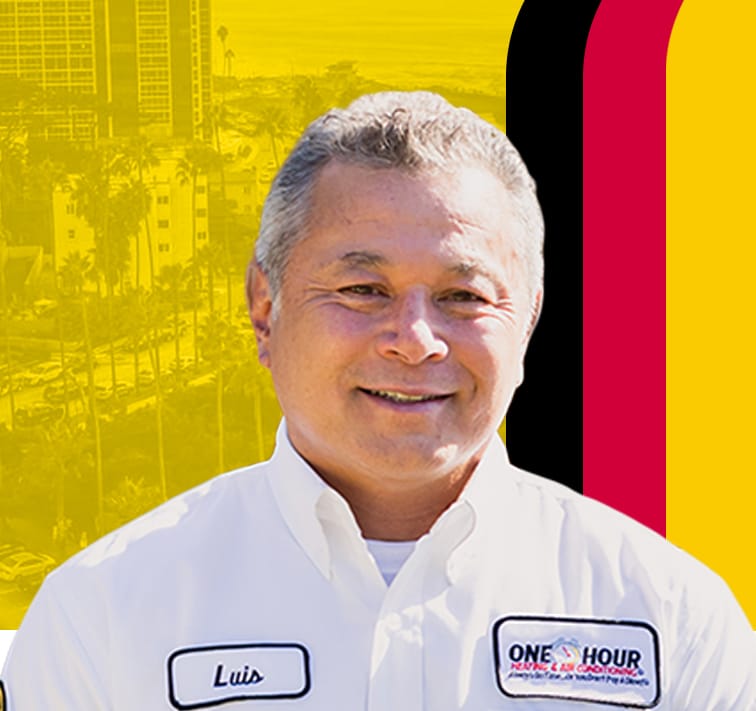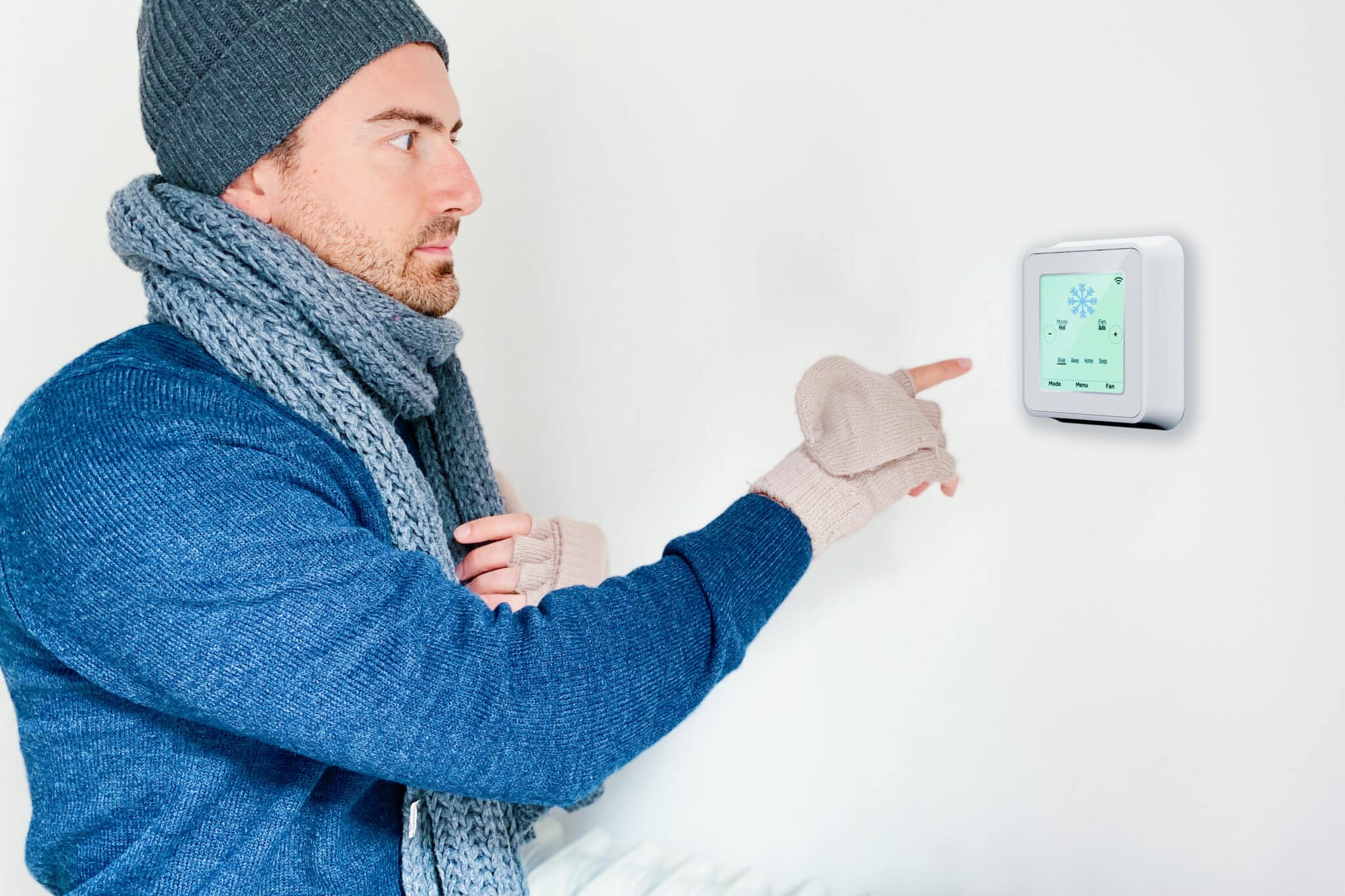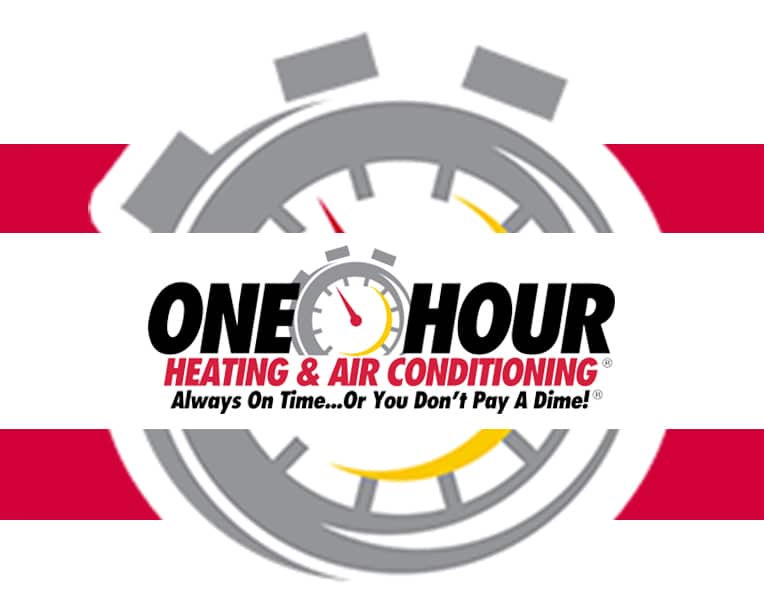HVAC issues can arise even during San Diego’s mild winters, as your system still works hard to keep you comfortable—are you ready to tackle potential problems? While the days remain relatively warm, chilly nights and coastal humidity can take a toll on your HVAC system.
These conditions often lead to common problems like reduced efficiency, uneven heating, and increased wear on components. Understanding these potential issues and addressing them early can save you from costly repairs and discomfort.
Why San Diego’s Winter Climate Can Challenge Your HVAC System
San Diego’s winter climate, while mild, can still create challenges for HVAC systems due to the unique combination of coastal humidity and fluctuating temperatures. The nighttime chill often demands more from heating systems that are typically designed with cooling as the primary function.
Additionally, the moist air from the ocean contributes to rust and corrosion, particularly on outdoor components, which can lead to premature wear and tear.
Homes in San Diego are often not as well-insulated as homes in colder regions, further increasing the strain on HVAC systems to maintain consistent indoor temperatures. These factors combined make it essential to proactively maintain HVAC systems to ensure they function efficiently throughout the winter season.
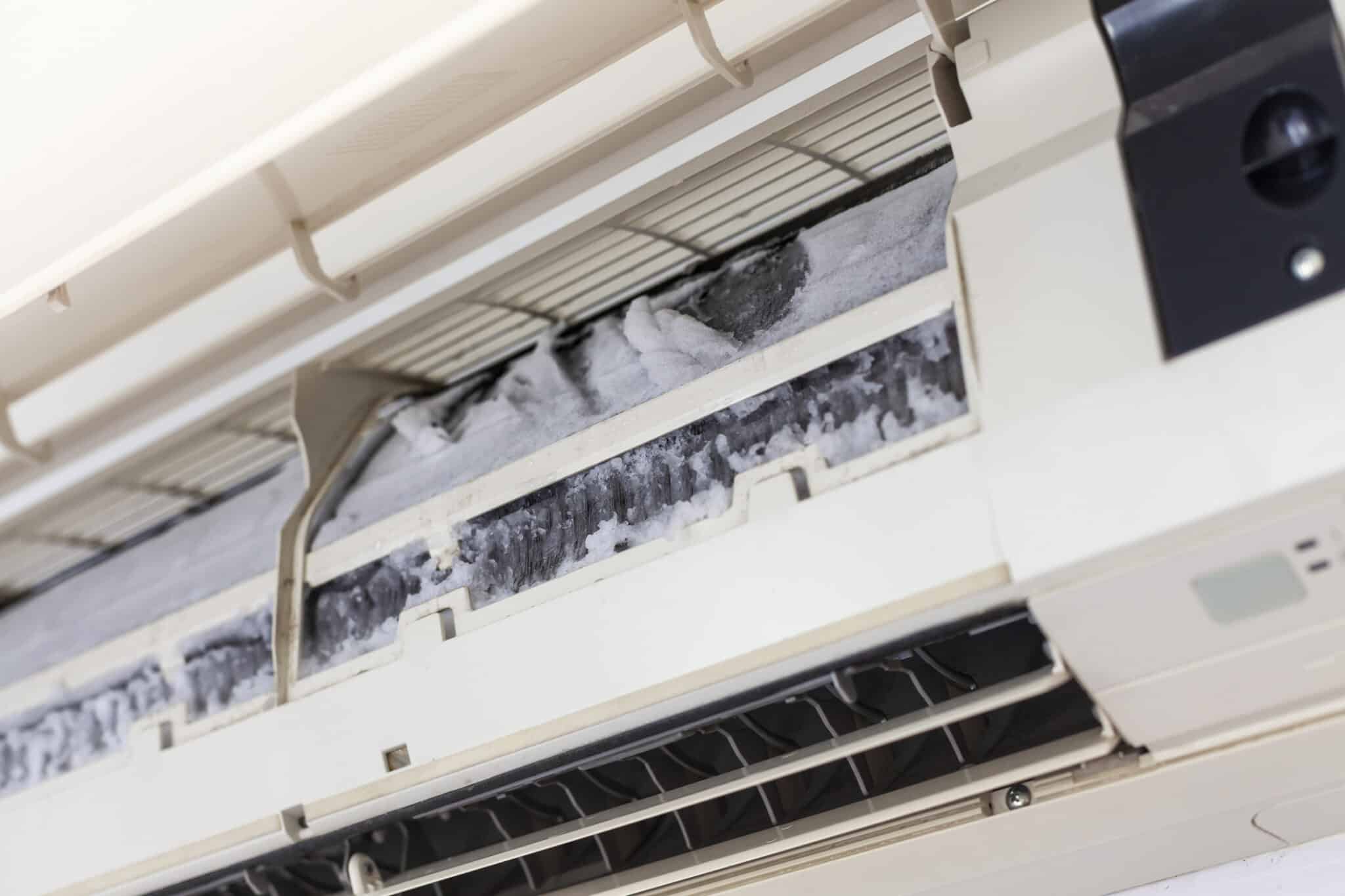
Common HVAC Issues During San Diego’s Winter
1. Dirty or Clogged Filters
Dirty or clogged filters are among the most common HVAC issues homeowners face during the winter. Dust and debris accumulate in the filters, restricting airflow and forcing your system to work harder than necessary to maintain comfortable temperatures.
This not only reduces heating efficiency but also increases energy bills and can cause uneven heating in your home. In San Diego, where systems often switch between heating and cooling modes due to fluctuating temperatures, clogged filters can exacerbate the strain on your HVAC.
Regularly cleaning or replacing filters every 1–3 months is a simple yet effective way to improve airflow, ensure even heating, and maintain system performance.
2. Faulty Thermostat
A faulty thermostat can cause significant inefficiencies in your HVAC system and disrupt indoor comfort. If the thermostat isn’t calibrated properly or begins to malfunction, it can provide inaccurate temperature readings to your system.
This often results in short-cycling, where your HVAC turns on and off frequently, or fails to maintain the desired temperature. Over time, this increases energy usage and puts unnecessary strain on your system, leading to higher utility bills.
Upgrading to a programmable thermostat or ensuring your current one is in good working condition can resolve these HVAC issues and improve energy efficiency.
3. Leaky Ducts
Leaky ducts are a common but often overlooked source of inefficiency in HVAC systems. Even small cracks or gaps in your ductwork can let warm air escape, making it harder to evenly heat your home.
This problem frequently leads to hot and cold spots in different rooms and forces your system to work harder, resulting in higher energy costs. In San Diego, where coastal humidity can weaken seals over time, leaky ducts are especially problematic.
Sealing and insulating your ductwork can reduce energy waste, improve indoor comfort, and enhance the overall efficiency of your HVAC system.
4. Pilot Light or Ignition Problems
Homes with older gas furnaces may experience pilot light or ignition issues, which can leave you without heat during chilly winter nights. A pilot light that flickers or refuses to stay lit, or an ignition system that misfires, is often caused by dirt buildup, moisture, or worn components.
These HVAC issues can escalate quickly, leading to a complete furnace failure if not addressed promptly. Scheduling a professional inspection and cleaning can ensure your ignition system is functioning properly. Keeping these components in good condition is essential for reliable heating throughout the winter season.
5. Moisture and Rust
San Diego’s coastal air, with its high humidity levels, poses a unique challenge for HVAC systems by promoting moisture buildup. This can result in rust forming on outdoor components, water pooling near the system, and even internal damage to critical parts.
Over time, rust weakens the integrity of your system, making it less efficient and more likely to break down. Regular inspections and maintenance can help identify and mitigate these moisture-related HVAC issues early.
Simple preventative steps like keeping the outdoor unit clean, ensuring proper drainage, and using protective covers can significantly extend your system’s lifespan and reliability.
Preventative Measures for HVAC Issues
Schedule Regular Maintenance
Scheduling regular maintenance is one of the best ways to prevent HVAC issues during the winter. A professional technician can inspect your system, clean components, check refrigerant levels, and ensure the thermostat is working properly.
Regular tune-ups also allow minor issues, like worn parts or debris buildup, to be addressed before they turn into costly repairs.
In San Diego’s winter climate, this proactive approach ensures your system remains efficient despite temperature fluctuations and coastal humidity. Annual maintenance, ideally before the colder months set in, can keep your system running smoothly and reliably.
Replace or Clean Filters
Replacing or cleaning filters regularly is a simple but effective way to maintain your HVAC system’s performance. Dirty filters block airflow, causing the system to work harder and use more energy, which can lead to uneven heating and higher utility bills.
In San Diego’s dusty environment, especially during dry periods, filters can clog faster than you might expect. Aim to check filters every one to three months, depending on usage, and replace them as needed. This small step can significantly improve indoor air quality and extend the life of your system.
Inspect and Seal Ducts
Inspecting and sealing ducts can prevent the loss of warm air and improve the overall efficiency of your HVAC system. Even small leaks in the ductwork can cause energy waste and make it difficult to maintain consistent indoor temperatures.
In San Diego, where older homes may have less efficient ductwork, this issue is especially common. Properly sealing ducts not only saves on energy costs but also helps reduce strain on your system. It’s a worthwhile investment that ensures heat is delivered evenly throughout your home.
Protect Outdoor Units
Protecting your outdoor unit from debris and moisture is essential for keeping it in good condition. In San Diego’s winter, leaves, dirt, and excess moisture from the coastal air can damage the components of your unit. Keeping the area around it clear and ensuring proper drainage can prevent rust and water pooling.
Additionally, using a breathable cover designed for HVAC units can shield it from the elements while allowing airflow. These small preventative measures can make a big difference in extending the life of your system.
Use a Programmable Thermostat
A programmable thermostat is a great tool for reducing strain on your HVAC system while saving energy. By setting different temperatures for various times of the day, you can avoid overworking the system when it’s not needed.
For instance, you can lower the temperature when you’re out of the house or asleep and set it to warm up just before you return or wake up.
This not only improves efficiency but also keeps your home comfortable without unnecessary energy use. In San Diego, where the temperature can shift quickly, this upgrade is both practical and cost-effective.
Signs Your HVAC System Needs Professional Help
Persistent Heating or Cooling Issues
If your HVAC system struggles to maintain consistent temperatures or fails to heat certain areas of your home, it’s time to call a professional. Uneven heating often points to issues such as leaky ducts, a failing thermostat, or insufficient system capacity.
These problems are unlikely to resolve themselves and can worsen over time, leading to higher energy bills and discomfort. In San Diego’s winter, where nights can get unexpectedly chilly, addressing these issues promptly is crucial. A professional can diagnose the root cause and restore your system’s efficiency.
Frequent System Cycling
When your HVAC system frequently turns on and off, a problem known as short cycling, it’s a clear sign that something isn’t working correctly. This behavior could be caused by a faulty thermostat, clogged filters, or an oversized system that heats or cools too quickly.
Short cycling puts unnecessary strain on your system, leading to faster wear and higher energy costs. Over time, this can result in major breakdowns if not addressed. Professional intervention can identify the source of the issue and ensure your system operates smoothly.
Rising Energy Bills
An unexplained spike in your energy bill during winter is a common indicator of HVAC inefficiency. Issues like dirty filters, duct leaks, or malfunctioning components force your system to work harder, consuming more energy. This can happen gradually, making it easy to overlook until the bills become noticeably higher.
In San Diego, where heating demands are generally lower, a sudden increase in costs is often a sign something is wrong. A professional inspection can pinpoint inefficiencies and restore your system’s performance.
Strange Odors
Strange smells coming from your HVAC system should never be ignored. Musty odors can indicate mold or mildew growth in the ducts, often caused by the coastal humidity in San Diego. Burning smells, on the other hand, might signal electrical issues, such as overheating components or damaged wiring.
Both problems pose risks to your health and safety if left unchecked. Calling in an expert to assess and resolve the issue ensures your system runs safely and efficiently.
Unusual Noises
Unusual sounds like banging, squealing, or rattling during operation often point to mechanical problems. These could range from loose parts and worn belts to failing motors, all of which require immediate attention. Ignoring these noises can lead to more severe damage, turning a minor repair into a costly replacement.
A well-maintained HVAC system should operate quietly and efficiently. Addressing noises early helps prevent major breakdowns and extends the life of your system.
Benefits of Addressing HVAC Issues Early
Avoid Unexpected Breakdowns
Addressing HVAC issues early helps you avoid the stress and inconvenience of sudden system failures during the colder months. Winter nights in San Diego may not reach freezing, but they can still be uncomfortable if your heating system stops working.
Many HVAC issues, such as a failing thermostat or clogged filters, show small warning signs before leading to a full breakdown.
Fixing these problems at the first sign of trouble ensures your system stays reliable when you need it most. Proactive repairs save you time, money, and the discomfort of dealing with an emergency.
Improve Energy Efficiency
Taking care of HVAC issues promptly improves your system’s energy efficiency and lowers your utility bills. Problems like dirty filters, leaky ducts, or malfunctioning parts force your HVAC system to work harder to maintain indoor comfort. This extra strain increases energy consumption and costs over time.
By resolving HVAC issues as they arise, you ensure your system operates smoothly and uses energy more effectively. In San Diego’s winter, where heating demands are moderate, a well-maintained system can save homeowners significant money on energy bills.
Enhance Indoor Comfort
Fixing HVAC issues early ensures your home remains consistently comfortable throughout the winter season. Issues like uneven heating, poor airflow, or faulty thermostats can make certain rooms too cold while others feel too warm. These common HVAC issues can disrupt the balance of your home’s environment, especially in San Diego’s unique winter climate.
Properly addressing these problems not only improves your comfort but also prevents the frustration of dealing with ongoing heating challenges. A well-functioning system makes a noticeable difference in your daily quality of life.
Extend System Lifespan
When HVAC issues are left unresolved, they can cause significant wear and tear on your system’s components. Small problems, such as a noisy motor or rust from coastal humidity, often escalate into larger repairs or even complete system replacements.
Regular maintenance and timely repairs reduce unnecessary strain on your HVAC system, allowing it to last longer and operate more reliably. Addressing HVAC issues as soon as they arise is a smart investment that protects the longevity of your heating and cooling equipment.
Maintain Healthier Indoor Air Quality
Resolving HVAC issues early also contributes to healthier indoor air quality, which is especially important during the winter months when homes are often closed up. Problems like clogged filters, leaky ducts, or mold growth can circulate dust, allergens, or contaminants throughout your home.
This can aggravate allergies, asthma, or other respiratory issues for your family. By addressing these HVAC issues promptly, you ensure that your system delivers clean, filtered air, creating a healthier living environment. A well-maintained HVAC system keeps the air in your home fresh and free from harmful pollutants.
Save on Long-Term Costs
Early attention to HVAC issues helps you save money in the long run by avoiding costly repairs or system replacements. Neglecting problems like moisture buildup, leaky ducts, or a failing pilot light often leads to larger, more expensive complications.
In San Diego, where heating demands are seasonal, addressing HVAC issues proactively ensures your system runs efficiently year-round. Regular upkeep not only keeps repair costs low but also reduces energy expenses and helps you get the most out of your system.
Stay Comfortable This Winter with Expert HVAC Care
Don’t let HVAC issues disrupt your cozy San Diego home this winter! At One Hour Heating & Air Conditioning San Diego, we’re here to ensure your system runs smoothly, no matter the season.
Our team understands the unique demands of San Diego’s climate and delivers reliable, professional service tailored to your needs. Call us today to schedule your appointment and keep your home warm all winter long!

Frequently Asked Questions (FAQ)
How often should I schedule HVAC maintenance in San Diego?
You should schedule HVAC maintenance at least once a year, ideally before the winter season begins. Regular checkups help identify and fix HVAC issues early, ensuring your system runs efficiently and avoids unexpected breakdowns.
Why is my HVAC system short cycling?
Short cycling, where your HVAC system turns on and off too frequently, is often caused by clogged filters, a faulty thermostat, or an oversized system. Addressing these HVAC issues quickly is important to prevent unnecessary wear and tear on your system.
Is it normal for my HVAC to make noise during operation?
Some noise is normal, but loud banging, rattling, or squealing sounds are signs of potential HVAC issues. These could indicate loose parts, worn belts, or motor problems that should be addressed by a professional.
What’s the best way to reduce HVAC issues caused by dirty filters?
The simplest way to reduce filter-related HVAC issues is to replace or clean your filters every 1–3 months. This ensures proper airflow, keeps your system efficient, and helps maintain good indoor air quality.
Can San Diego’s coastal air affect my HVAC system?
Yes, the coastal humidity in San Diego can cause moisture buildup and rust on HVAC components, especially outdoor units. Preventative maintenance, including keeping the unit clean and ensuring proper drainage, can help protect your system from these HVAC issues.
What can I do if my HVAC system isn’t heating evenly?
If your HVAC system is struggling to heat your home evenly, it could be due to issues like leaky ducts, clogged filters, or an improperly calibrated thermostat. Start by checking and replacing dirty filters, as restricted airflow can disrupt even heating. If the problem persists, inspect your ductwork for leaks or gaps that may allow warm air to escape. For a more precise solution, consult a professional technician to evaluate your system and ensure it’s functioning efficiently.






